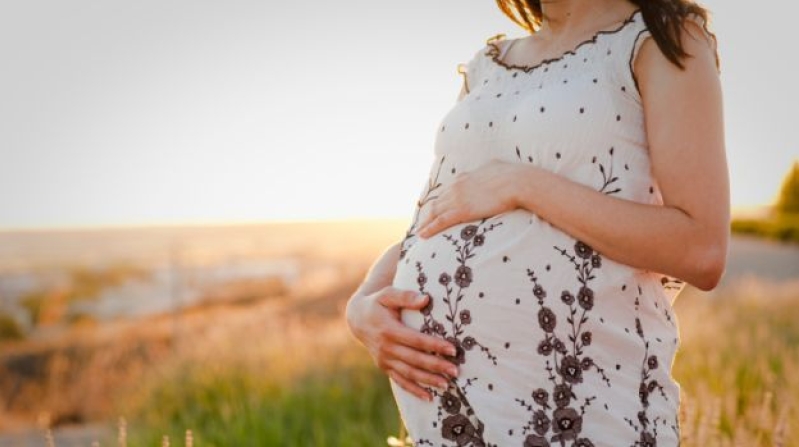
Climate change has likely been contributing to a steady decline in the U.S. birth rate, researchers said, predicting as many as 100,000 fewer babies born each year by the end of the century.
Data shows the number of babies born drops in the eight to 10 months after a spate of days on which the average temperature exceeds 80°F (26.6 °C), according to research by the National Bureau of Economic Research, a non-partisan group based in Cambridge, Massachusetts.
The reason remains unclear, researchers said. People may have fewer sexual relations during warmer weather, or more likely such weather affects reproductive health, they said.
For men, exposure to extreme heat can negatively affect semen quality and testosterone, and in women it could have an impact on menstruation, ovulation and implantation of fertilized eggs.
The data showed that on average between 1931 through 2010, each hot day resulted in 1,165 fewer baby births across the United States some nine months later.
The trend could result in some 100,000 fewer babies born per year in the United States by the end of this century, according to the study.
"We still don't know exactly how these temperature shocks are going to impact developing countries," said Alan Barreca, a co-author and professor of economics at Tulane University in New Orleans, Louisiana.
The U.S. birthrate has largely been on the decline over several decades, although the number of births increased slightly in 2014, according to the Centers for Disease Control and Prevention.
Air conditioning could mitigate some of the impact of climate change on fertility, the study said.
However, hydrofluorocarbons (HFCs), the potent greenhouse gases used in air conditioning, would contribute to global warming, Barreca said.
World leaders meet in Paris later this month to work on a plan to reduce the effects of climate change.






